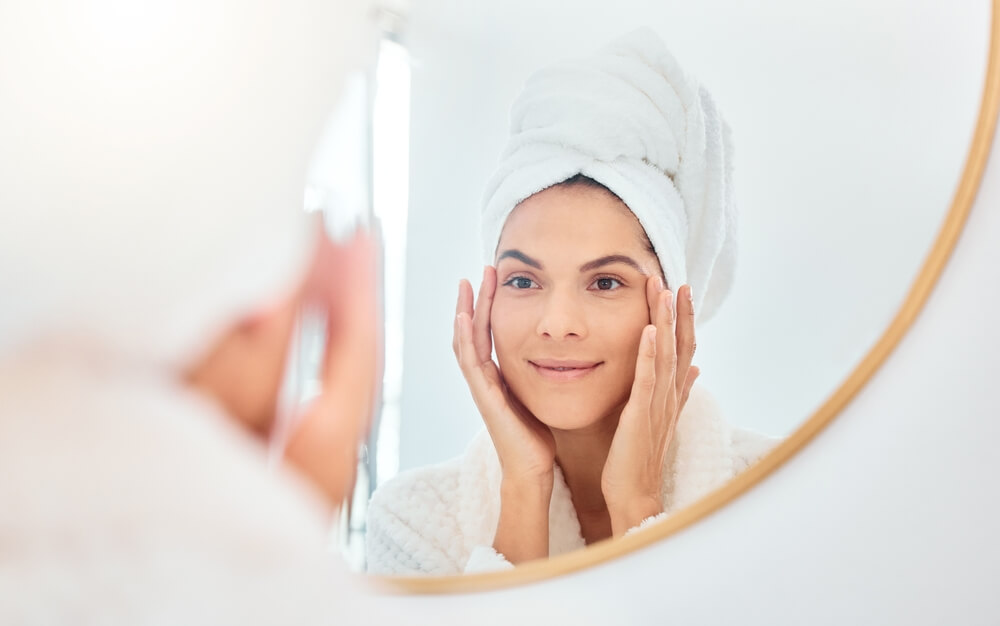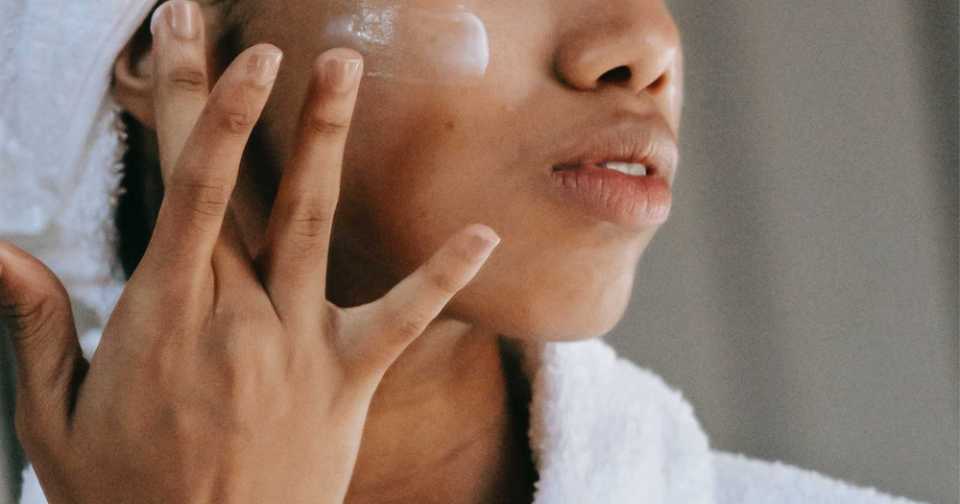Skincare Myths vs Facts: What Every Beautician Should Know
In the world of beauty, it's easy to get lost in a sea of information, especially when it comes to skincare. Beauticians often find themselves sorting through countless skincare myths vs facts to provide clients with the best advice. Understanding the difference between what's true and what's not is crucial for any beauty specialist looking to enhance their client's skincare routine with informed choices.
Skincare myths vs facts is a topic that not only intrigues beauty enthusiasts but also challenges professionals in the field. With countless products and routines being advertised, how does one separate reality from fiction? This article aims to provide clarity, helping beauticians navigate the world of skincare with confidence.

Common Skincare Myths
Myth: More Expensive Products Are Always Better
One of the most pervasive myths is that a higher price tag equals better quality. While some luxury brands do offer high-quality ingredients, many affordable products provide similar results. It's essential for beauticians to evaluate products based on their ingredients and efficacy rather than their price. For more on selecting effective ingredients, you can visit ingredients to avoid.
Myth: You Should Stick to One Brand
Another common misconception is the belief that using a single brand for all skincare needs is necessary. In reality, mixing and matching products from different brands can often lead to better results as it allows individuals to tailor their routine to specific skin concerns. For those interested in learning about combining products effectively, check out this guide on using vitamin C and retinol together.
Unveiling the Facts
Fact: Sunscreen Is Essential Year-Round
Regardless of the season, sunscreen is a skincare staple. The harmful effects of UV rays can occur even on cloudy days. Beauticians should emphasize the importance of daily sunscreen application to protect the skin from premature aging and skin cancer.
Fact: Natural Products Aren't Always Better
While natural ingredients can be beneficial, not all are suitable for every skin type. It's crucial to understand that 'natural' doesn't automatically mean 'safe' or 'effective.' Beauticians should guide their clients in understanding the ingredients and choosing products based on their skin's needs rather than the label. For more on understanding product labels, you might find this article on over-exfoliated skin insightful.
The Role of Beauticians in Debunking Myths
Beauticians play a pivotal role in educating clients about skincare truths. By staying informed about the latest research and advancements, they can dispel myths and promote healthy skincare practices. Providing personalized skincare advice not only builds trust but also enhances client satisfaction and loyalty.
Creating Custom Skincare Routines
One effective way beauticians can support their clients is by creating custom skincare routines. This involves assessing individual skin types, concerns, and preferences to recommend products that will deliver the best results. For tips on creating a simple yet effective skincare routine, consider exploring this simple skincare routine guide.
Conclusion
Navigating the complex world of skincare myths vs facts can be challenging, but with the right knowledge, beauticians can guide their clients towards healthier skin. By debunking myths and promoting facts, beauty professionals not only improve their clients' skin health but also enhance their reputation as trusted skincare advisors. Remember, the key to successful skincare is not in the price or brand but in understanding and meeting the unique needs of each client's skin.

FAQ
What is the biggest myth about skincare?
The biggest myth is that expensive products are always superior. Effectiveness is based on ingredients and how well they suit individual skin types.
Is natural skincare always better?
Not necessarily. Natural products can be beneficial, but they aren't automatically better. It's essential to evaluate products based on ingredients and skin compatibility.
Should sunscreen be used daily?
Yes, sunscreen should be applied every day, regardless of the weather, to protect against UV damage.
This article contains affiliate links. We may earn a commission at no extra cost to you.

